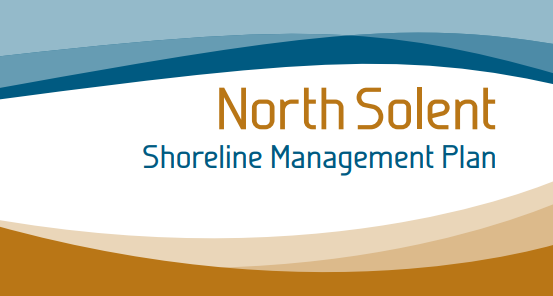Who are the Stakeholders?
Local knowledge will be used to identify people, organisations and groups who are likely to be affected by the plan's policies. Those interested are likely to include statutory and non statutory bodies, planning authorities and those representing national and local interests, as well as local business interests (including farmers), landowners, occupiers and the general public. The whole community will have an opportunity to comment on the plan during public consultation. Stakeholders are expected to be involved in the SMP development to help define issues and objectives, steer policy development, and to get consensus on a preferred plan.
Based upon experiences on the three 'pilot' SMPs it is recommended that Elected Members from the operating and planning authorities are involved throughout the SMP development process in order to gain 'buy in' to the process and understanding of the preferred policies which they will ultimately be asked to adopt.
Three main groups will be involved in the development of the North Solent SMP:
- The Client Steering Group
- An Elected Members Group
- A Key Stakeholder Group
Client Steering Group
The Client Steering Group (CSG) is required to produce an SMP for sustainable coastal defence management. The North Solent CSG will comprise of the operating authorities; Natural England, providing guidance on nature conservation; Chichester Harbour Conservancy, Hampshire and West Sussex County Councils and the New Forest National Park, with coastal management interests; and Defra, who have overall policy responsibility for flood and coastal erosion risk, produce guidance and grant aid for SMP development.
It was agreed that New Forest District Council would be the Lead Authority on behalf of the North Solent CSG and as such were responsible for the financial management of the project, including grant aid submission and overall project administration. The CSG has overall responsibility for the delivery of the SMP and will be involved throughout the life cycle of the SMP. As well as initiating the development process and defining the scope and extent of the SMP, they will be responsible for managing the development of the SMP through guidance and review of work undertaken, and will oversee stakeholder engagement and the implementation of the SMP policies.
Elected Members Group
The involvement of Elected Members in the process of proposal development reflects the 'Cabinet' style approach to decision making operating in many local authorities. Politicians will be involved from the beginning, thereby reducing the likelihood that the policies will not be approved by the planning authorities. They will be involved through this group, building trust and understanding between Elected Members, the CSG and Key Stakeholders.
A representative, elected from each of the Borough, District and County Councils, and the Southern Region Environment Agency Regional Flood Defence Committee, will be chosen on their technical experience and local knowledge. The New Forest National Park Authority, Chichester Harbour Conservancy, Natural England and Defra will also be represented to provide information and support to Elected Members.
Each of the proposed members will be approached and invited to be a representative of the SMP and attend Elected Member Group (EMG) meetings. At the first EMG meeting a chairperson will be nominated and constitution agreed. The Elected Members will be invited to further meetings during the development process to provide feedback on issues table, technical reports and policies proposed. The Elected Members will provide feedback to the authorities they represent on developments made in reviewing the SMP and any issues arising. Parish and Town Councils will be represented by the EMG members.
The EMG will be asked to agree the Stakeholder Engagement Strategy, the priority of the issues and the objectives of the SMP, and to ratify and adopt the SMP policies.
Key Stakeholder Group
The Key Stakeholder Group (KSG) will act as a focal point for discussion and consultation through development of the project. The membership of the group should provide representation of the primary interests within the study area, ensuring consideration of all interests during the review of issues. To ascertain a holistic consultation approach, representatives will be invited from a range of local, regional and national interest groups. The first round SMPs and subsequent Coastal Defence Strategy Studies gave a good indication of who the main key stakeholders were likely to be and these have been collated.
Inclusion of this group offers a more participatory process. The group will be involved through workshops. The incorporation of this group provides direct feedback and information to the CSG and increases the level of stakeholder ownership of the final decisions.




